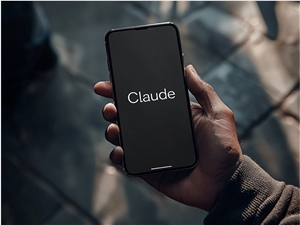Last week, The Atlantic released a new tool designed to search LibGen, a database allegedly used by Meta to train its artificial intelligence (AI) models. This sparked widespread concern because it contains numerous unpublished works.

Writer Maris Kreizman, in an article for Literary Hub, revealed that her forthcoming essay collection was found within this database. Kreizman stated that her collection is set for publication on July 1st, yet Meta had already accessed and used her work to train its AI models. This was shocking, as such practices are extremely rare in the publishing industry. Generally, digital copies of unpublished works are available on legitimate platforms like NetGalley and Edelweiss, which have strict terms and conditions governing their use.
This isn't an isolated incident. With the advancement of AI technology, more and more creators are worried about their work being used without authorization. Kreizman's discovery has sparked a broader conversation about creators' rights, intellectual property, and how to protect these rights in the rapidly evolving landscape of AI.
For many authors, the unauthorized use of their unpublished work is not only disrespectful of their creative labor but also potentially damaging to their careers. The incident also raises questions about the sources of data Meta uses to train its AI, particularly regarding its adherence to legal and ethical standards.
Key takeaways:
📚 Meta is accused of using unpublished books to train its AI models without authors' consent.
🤔 Writer Maris Kreizman was shocked to discover her essay collection in Meta's database.
⚖️ The incident has sparked widespread discussion about creators' rights and the legality of AI training data.










